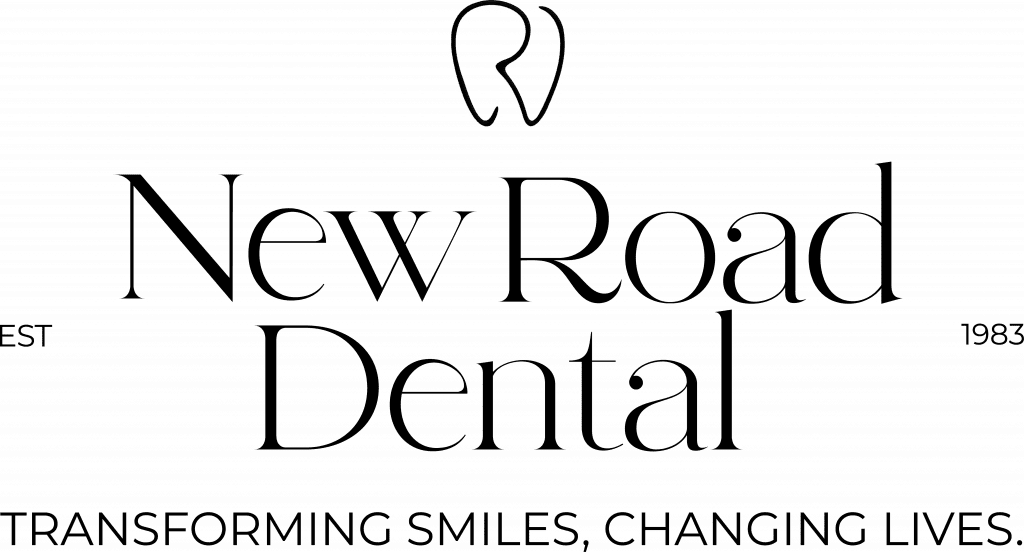Many patients desire a healthy smile and feel embarrassed about crooked, overlapping, or uneven teeth. Dental crowding is a common problem, but it’s not simply a question of aesthetics: overlapping teeth can be hard to clean between, so decay is more likely that could, over time, result in fillings, root canal treatments, crowns, or even extractions.

Traditional metal, or train track, braces are an option, but an alternative solution – Invisalign – is available via cosmetic dentistry. Both options have their own advantages and disadvantages, so it’s important to discuss your personal preferences, treatment goals, and budget with your dentist.
What Is Invisalign?
Invisalign is a modern orthodontic treatment that uses clear plastic aligners to straighten teeth. Custom-made for each patient, the aligners are designed to gradually move teeth into the desired position over time. Typically, the treatment takes between 12 and 18 months to complete, but this depends on the complexity of each case. Your dentist will be able to provide you with an accurate idea about the treatment time at your initial consultation.
What Are The Benefits of Invisalign?
Choosing Invisalign over conventional train track braces offers important benefits that will appeal to many patients:
- Appearance: The main advantages of Invisalign is that the plastic aligners are virtually invisible, making them a popular choice for adults and teenagers who are concerned about the appearance of traditional braces.
- Easy to remove: Unlike train track braces which are fixed, Invisalign aligners can be removed, for example to eat, brush your teeth, or floss. This makes it easier to maintain good oral hygiene during treatment.
- Comfort: Because they are manufactured from plastic and do not use metal wires, Invisalign aligners are less likely to cause discomfort as they won’t scrape against the gums, teeth, or tongue. Some patients may experience a small amount of discomfort.
However, Invisalign aligners may not be suitable for all patients, such as those with severe orthodontic problems or who require major changes to their bite. To ensure that the treatment is effective, Invisalign aligners should also be worn for at least 22 hours a day, so patients will need to be disciplined and not tempted to remove them too often!
How Do Train Track Braces Differ From Invisalign?
Train track braces, also known as traditional braces, use brackets and wires to straighten teeth. The treatment typically takes two to three years to complete.
Like Invisalign, train track and fast braces have pros and cons:
- Versatility: Traditional braces treat a wider range of complex orthodontic problems, including severe cases that may not be suitable for Invisalign treatment.
- A fixed solution: Train track braces are fixed in place for the duration of the treatment, which means that patients don’t have to worry about removing or losing them.
- Discomfort: On occasions, train track braces may be uncomfortable and can cause mouth sores or gum irritation. Wax may be applied to the brace to help to reduce the problem.
- A restricted diet: Patients with traditional braces need to avoid certain foods that can damage the brackets or wires, such as hard fruits, sticky confectionery, and fizzy drinks.
How Does The Cost Of Invisalign Vs Train Track Braces Compare?
In terms of cost, Invisalign may be similar in price to track braces. However, the cost will depend on each individual case, the dental provider you choose, and any additional treatments that are required.
Affordable payment plans may be available to spread the cost of the treatment, so enquire with your dentist about your options when discussing whether Invisalign is right for you.
Arrange A Consultation With New Road Dental Practice
If you’re considering starting an Invisalign journey and would like to find out more the treatment, please arrange an appointment with New Road Dental Practice or call us today on 01527 872528.
Image Source: Canva

